Last Updated on August 2, 2021

Well, they say there's nothing new under the sun. That saying extends to almost anything, including 'original' ideas for films and books. Now the author of a 2006 novel has accused Joss Whedon and Drew Goddard of stealing his idea that eventually became THE CABIN IN THE WOODS, a film that borrowed from/paid homage to other horror films.
THR is reporting that Whedon and Goddard are now facing a lawsuit accusing them of stealing the idea for the 2012 meta-horror movie. Whedon produced and co-wrote the script for THE CABIN IN THE WOODS with director Drew Goddard, a writer on Whedon's "Buffy the Vampire Slayer". Whedon and Goddard are named as defendants, along with Lionsgate and Whedon's Mutant Enemy production company, in the complaint filed Monday in California federal court.
In the complaint, author Peter Gallagher claims Whedon and Goddard took the idea for THE CABIN IN THE WOODS from his 2006 novel "The Little White Trip: A Night In the Pines". Gallagher is suing for copyright infringement and wants $10 million in damages. His claim is that the film presents similar premises and characters found in his book. Here's part of Gallagher's complaint (which contains SPOILERS for the film, so be warned if you haven't seen it yet):
Like the Book, the Film tells the story of five friends (three males and two females) between the ages of 17 and 22 who take a take a trip to a remote cabin in the woods. The cabin’s previous inhabitants were murdered by the father of the family, who returns to terrorize the group of friends. Throughout, the friends are being filmed and manipulated by persons behind the scenes, inadvertently playing characters in a real-life horror show. The similarities between the two works are striking. Even the names of the lead characters are similar. In the Book, the lead female blonde and brunette characters are named Julie and Dura respectively, whereas in the Film they are named Jules and Dana. Similarly, the cabin in the Book is called the “Brinkley Cabin,” whereas it is the “Buckner Cabin” in the Film.
While the idea of a group of friends visiting a cabin in the woods only to discover they are faced with an unspeakable horror is nothing new in either film or literature, Gallagher thinks that certain elements contained in both his work and THE CABIN IN THE WOODS are more than just coincidence.
THR points out that in the complaint, Gallagher describes how he self-published the novel and “began grassroots efforts” to sell it on the Venice Beach boardwalk and on Santa Monica’s Third Street Promenade. Gallagher also alleges that he "was contacted by multiple credited entertainment industry producers who expressed interest in the Book," but he doesn't specify Lionsgate or Mutant Enemy.
So what do you think? Does Gallagher possibly have a strong case? Or is this just a case of different people sharing the same ideas? It's certainly happened before. Guess we'll have to see how this one plays out.



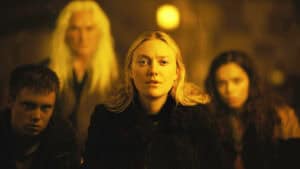
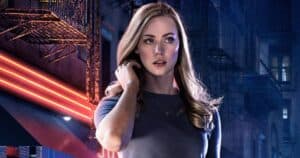
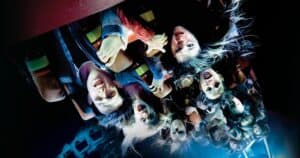
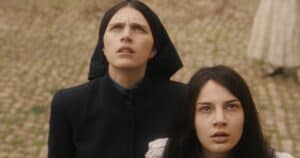

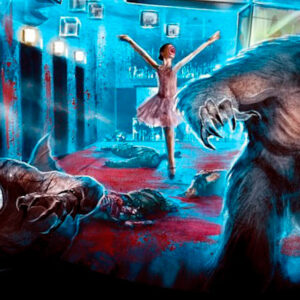

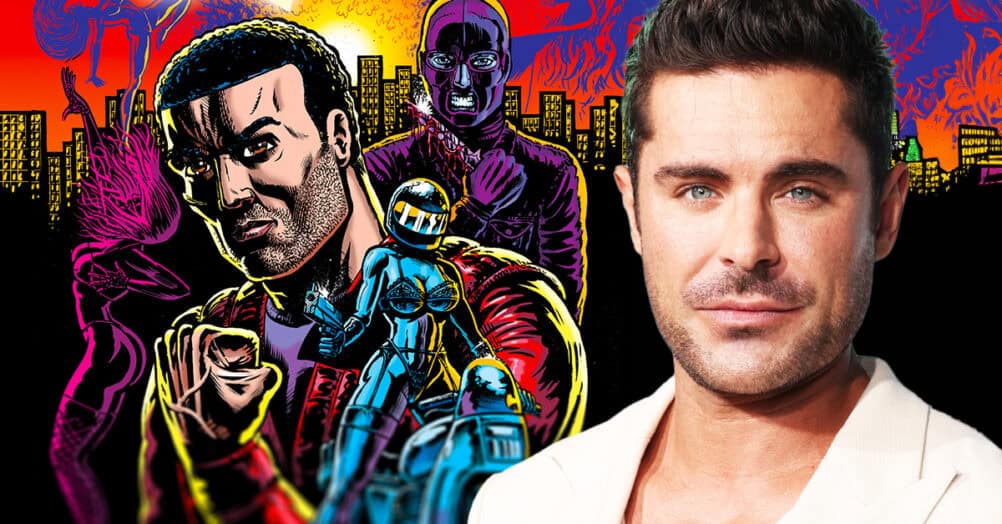

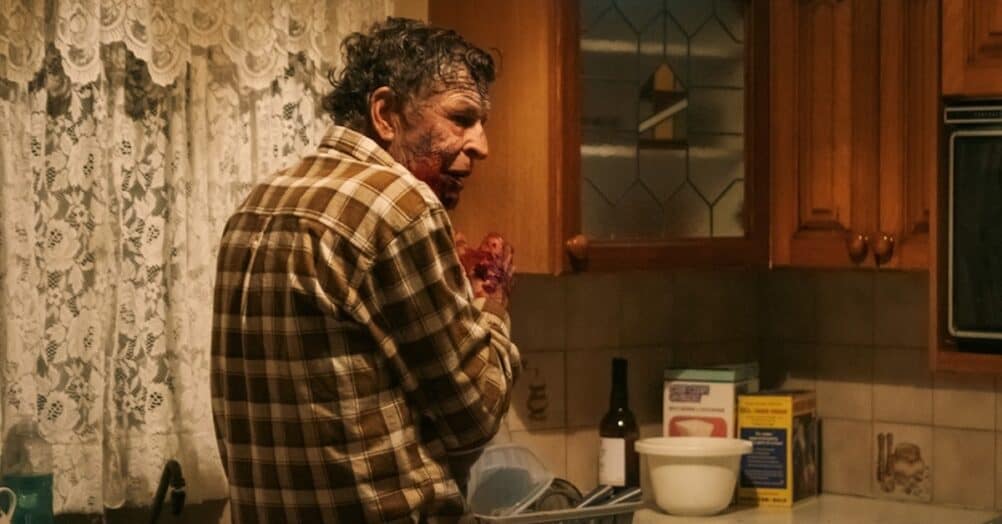
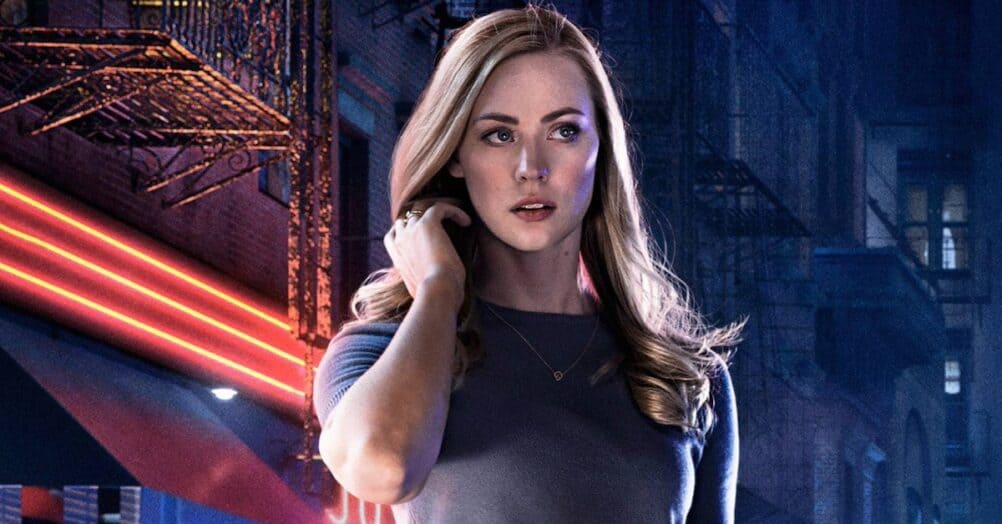
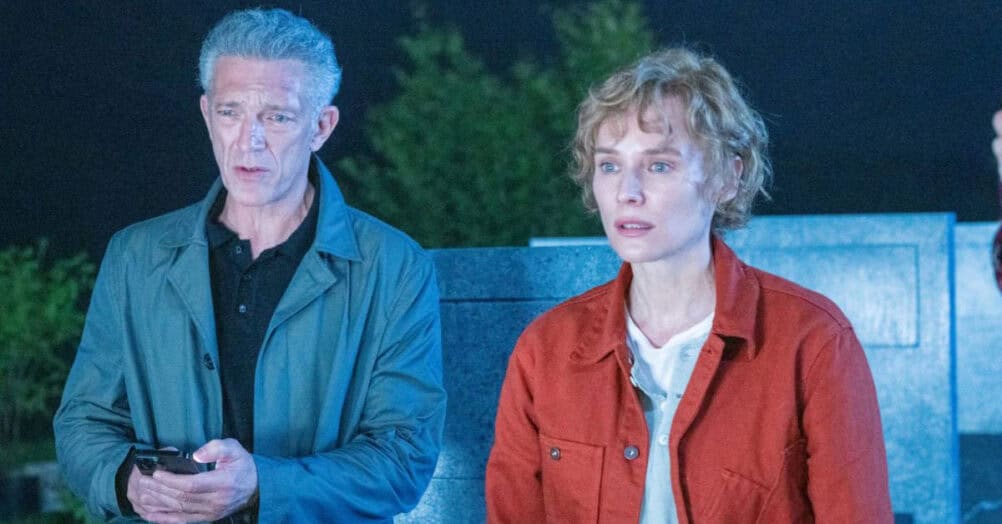
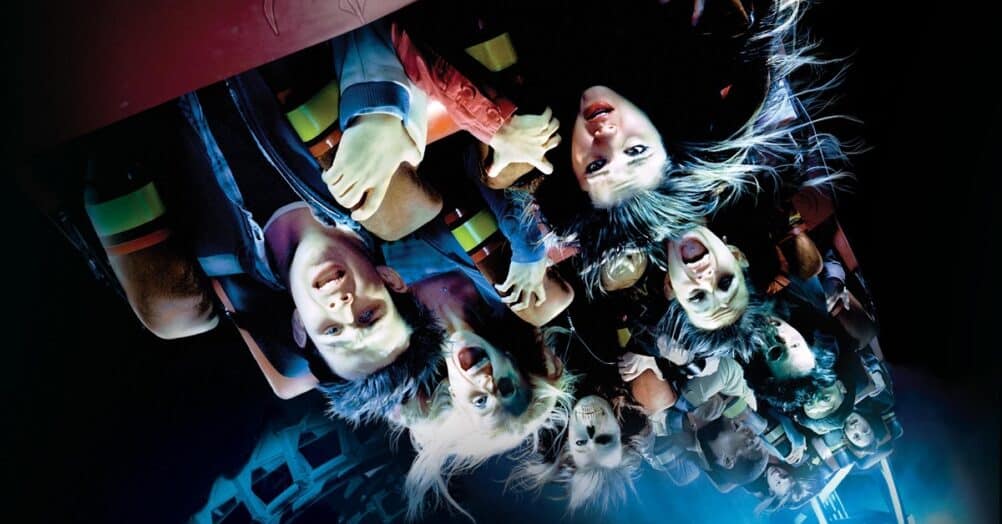
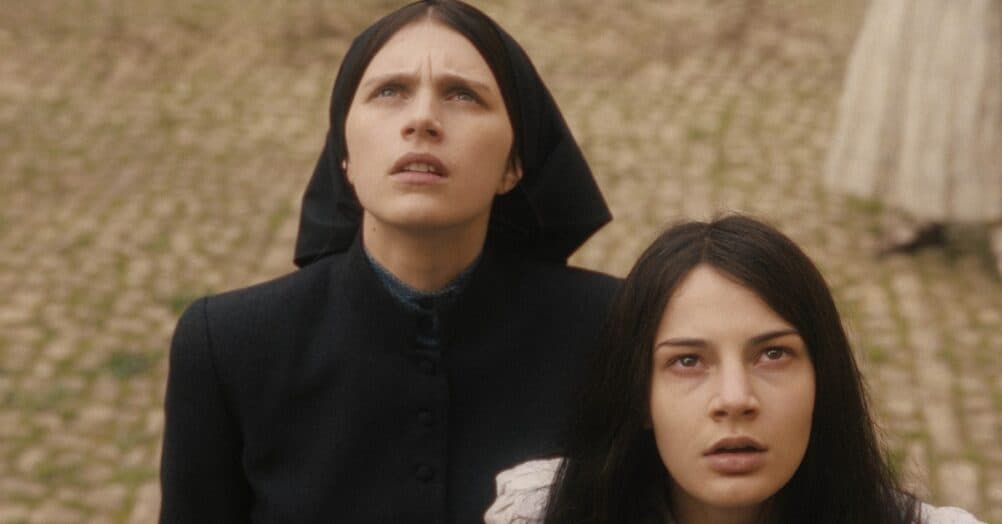
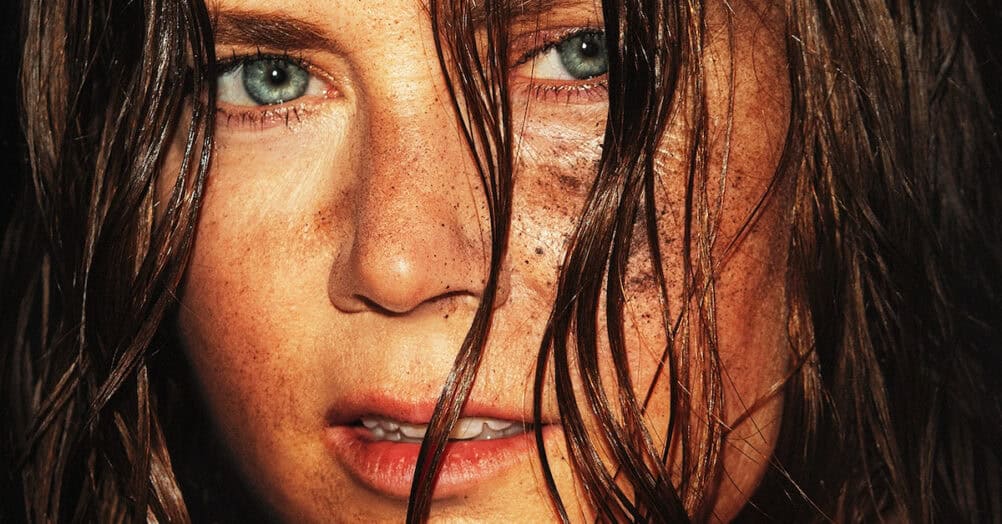
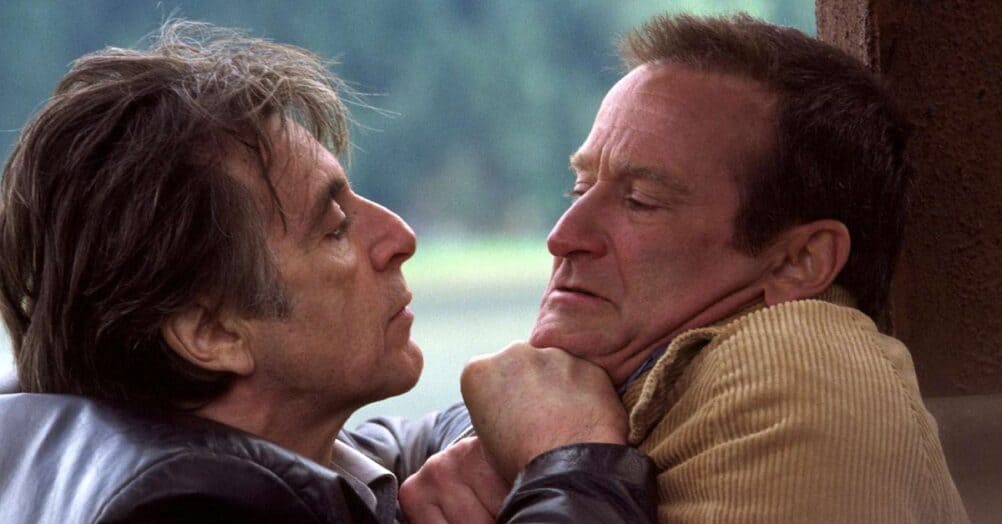

Follow the JOBLO MOVIE NETWORK
Follow us on YOUTUBE
Follow ARROW IN THE HEAD
Follow AITH on YOUTUBE